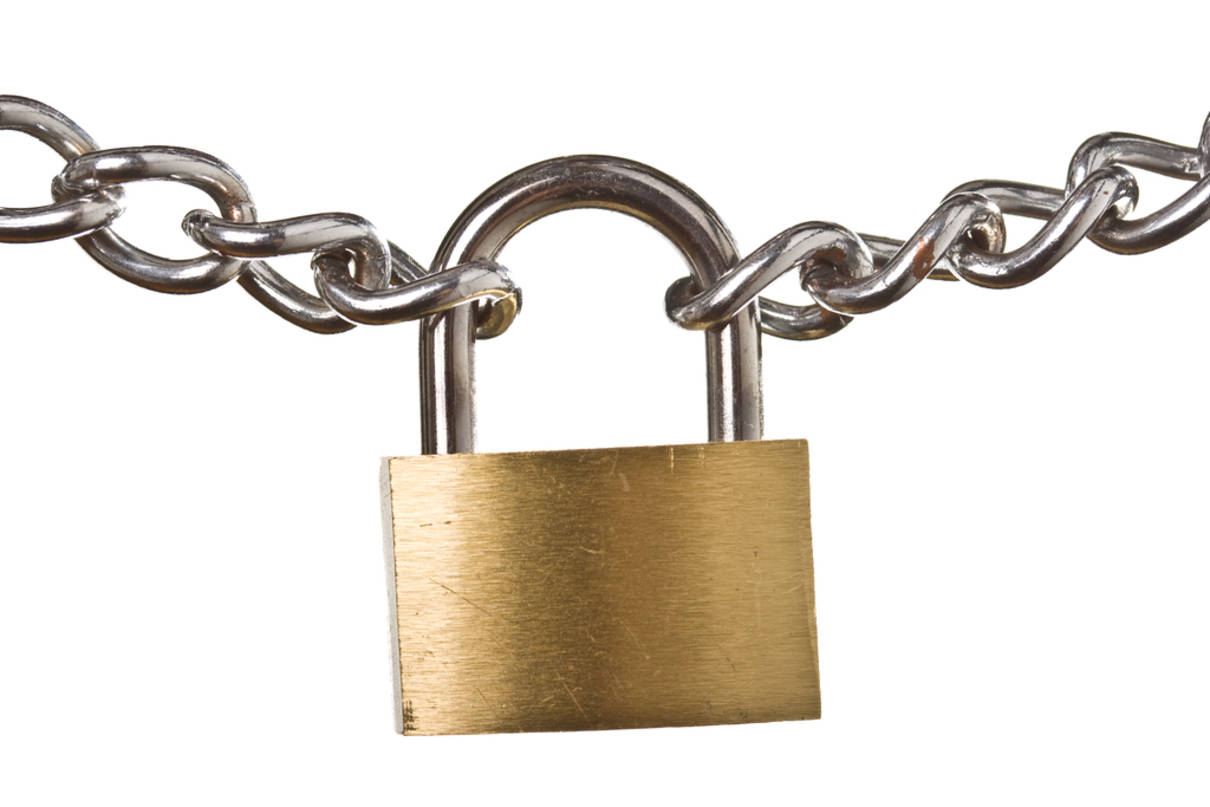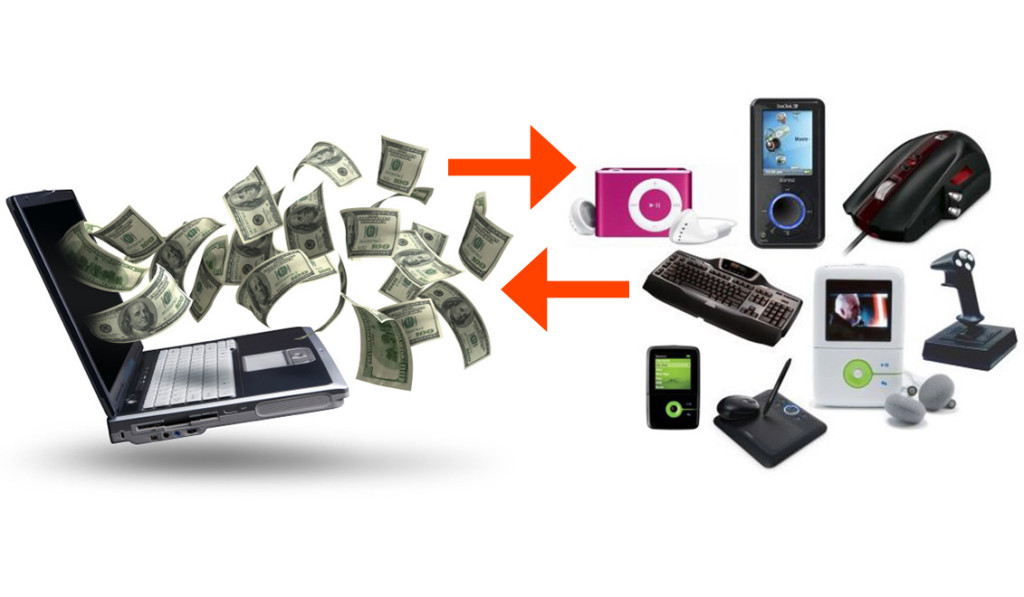Like any public setting, the internet is a prime location for criminals to perpetrate harm upon unsuspecting victims. Unfortunately, this distinction is not readily visible for many web browsers, thus creating a situation in which individuals approach online and in-person security in two different manners. These people open themselves up to unnecessary risk, when simple precautions could eliminate most security threats. Keeping a vigilant eye and preparing for unwanted contact will keep your personal and business considerations safe when dealing with the internet.
Professional Security
For your business or organization, many threats loom in the shadows of internet transactions. Keeping your financial information, as well as that of your consumers, protected is critical in avoiding a catastrophic data breach. Developing stringent authentication standards and requiring the same from your customers is a strong step in building a defensive stance against those who would steal from you. Regulations have been created by many government and private agencies, detailing the standards for secure data transmissions when transporting financial information. Following these regulations is a key factor in avoiding third party interceptions of your sensitive information.
As for your company’s website, diverting harmful advances begins with the framework of the web page. Safe website design begins with a sound understanding of the implementation and maintenance of a site. Building a virtual structure that is devoid of vulnerabilities is the safest way to prevent attacks, such as harmful script injections and cross site scripting. This will generally require a professional who is knowledgeable in the construction and design of web pages and a solid web hosting provider. Hiring a credentialed individual to build your website is very important, should your business not already have an associate with these capabilities.
Personal Safety
Your personal safety can be maintained, and even enhanced, by enacting a few simple guidelines. To begin, keeping all useful software, even your operating system, up to date is the foundation for a secure online presence. Outdated software items, especially plug-ins like Adobe Flash and JavaScript, can lead to security breaches. Hackers and other malicious individuals are constantly looking for vulnerabilities in these software programs, so when an update to these applications is rolled out, it is usually for a good reason.
Aside from software concerns, other portals remain open for potential attacks on your security. Open and public networks can be breeding grounds for security threats by providing on site access to either corrupted devices or individuals who are attempting to access your computer illicitly. Even if it hinders your browsing or recreational activities, never turn off your ant-virus and security programs when using a public outlet.
Educating the Masses
Web security does not simply end with protecting yourself or your business. Others with whom you associate should also be kept up to speed with current security practices and standards. Considering you mutual business and communications, if these groups succumb to a web based attack, your shared information will be just as at risk as if your own site or computer had been the target. Spreading security knowledge is vital to curtailing online assaults against businesses and individuals alike.






















